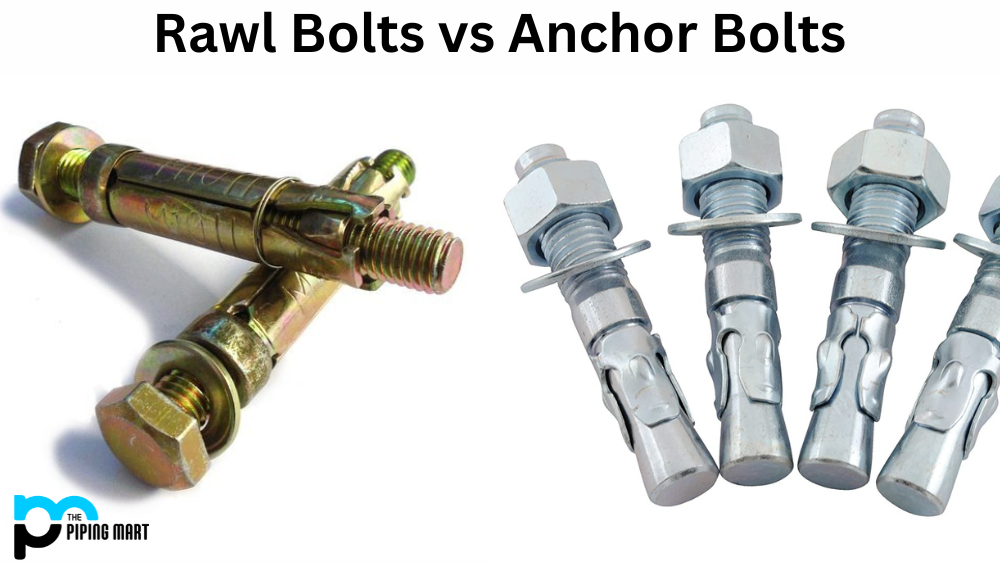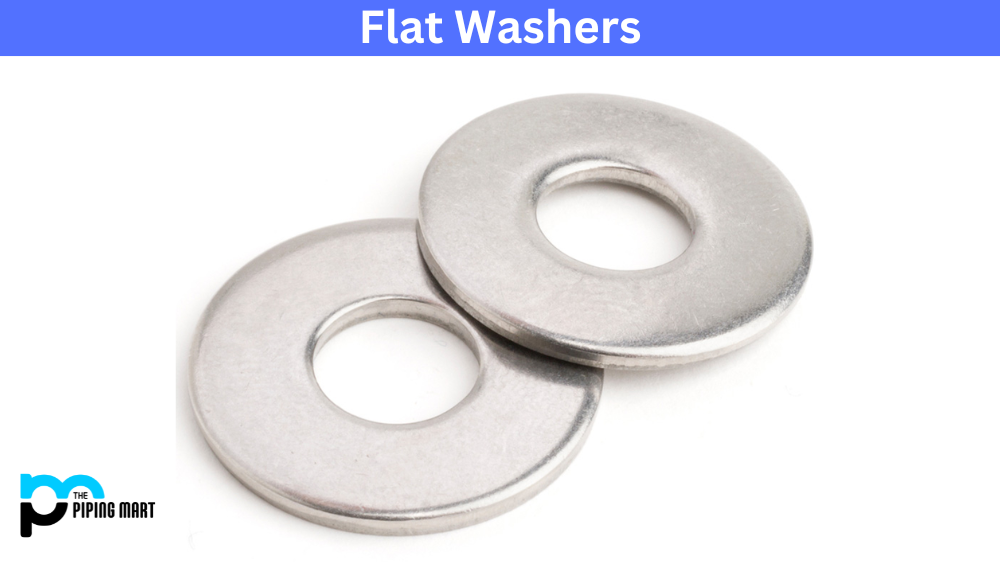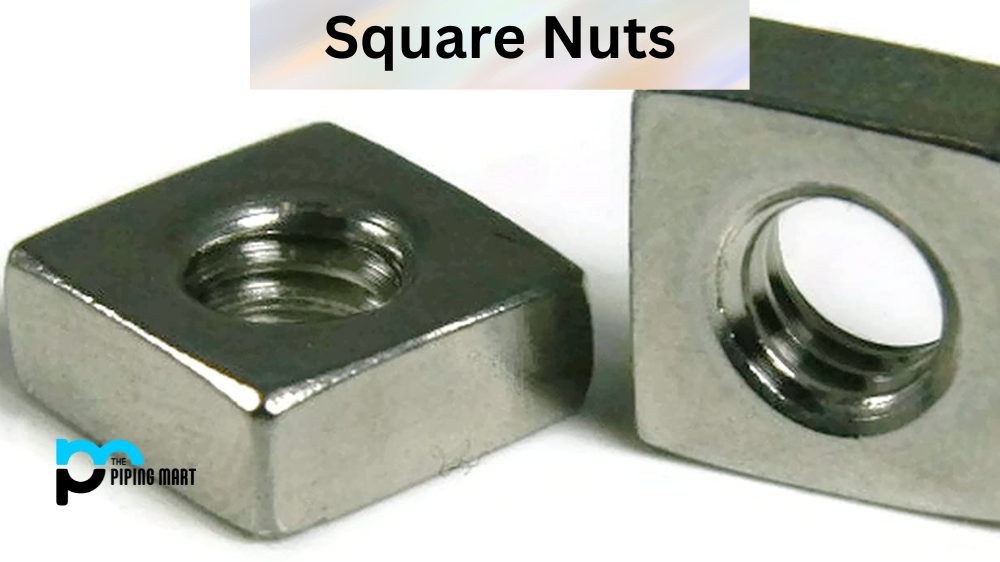When it comes to securing heavy objects or materials, such as masonry walls or large pieces of equipment, rawl bolts and anchor bolts are often the go-to solution. But what is the difference between these two types of bolts? Read on for a quick overview of rawl bolts vs anchor bolts.
Rawl Bolt
Rawl bolts are designed to hold heavy objects in place through sheer force. They are most commonly used in masonry walls and other structures where strength is essential. Rawl bolts have a tapered, cone-shaped head that is designed to expand when driven into a hole. This expansion helps to keep the bolt firmly in place even under extreme pressure. The downside is that rawl bolts require extra tools and labour to install properly.
Anchor Bolt
Anchor bolts are also used for securing heavy objects, but they provide more flexibility than rawl bolts because they can be easily adjusted after being installed. Anchor bolts consist of an eyelet that sits flush against the surface of the secured material and a threaded shaft below it. The eyelet provides extra stability while allowing the bolt to be adjusted if necessary—an advantage that rawl bolts cannot offer. However, anchor bolts do not give as much support as rawl bolts, so they should not be used for projects where maximum strength is required.
Difference Between Rawl Bolt and Anchor Bolt
Advantages of Rawl Bolt
Rawl bolts have several advantages over anchor bolt:
- Rawl bolts are easier to install because they do not require a drill.
- Rawl bolts are less likely to loosen over time because they expand as they are tightened.
- Rawl bolts can be removed and reused if necessary.
Advantages of Anchor Bolt
Anchor bolts also have several advantages over rawl bolt:
- Anchor bolts create a stronger connection because they are embedded in the concrete.
- Anchor bolts are less likely to rust because they are protected from the elements by the concrete surrounding them.
- Anchor bolts can be used in various applications, such as attaching fence posts or mailboxes to concrete pads.
Disadvantages of Rawl Bolt
Rawl bolts do have some disadvantages when compared to anchor bolt:
- Rawl bolts cannot be used in applications where the object needs to be secured to concrete.
- Rawl bolts are more likely to loosen over time and may need to be replaced more frequently than anchor bolts.
- Rawl bolts cannot be reused once they have been removed.
Conclusion:
Rawl and anchor bolts serve different purposes depending on your specific needs, so it’s essential to understand their differences before deciding on which type of bolt to use for your project. Rawl bolts provide more stability but require extra tools and labour for installation. At the same time, anchor bolts can be easily adjusted after installation but offer less strength than Rawls. Whichever you choose for your project, ensure you understand all the pros and cons before making your final decision!

Abhishek is a seasoned blogger and industry expert, sharing his insights and knowledge on various topics. With his research, Abhishek offers valuable insights and tips for professionals and enthusiasts. Follow him for expert advice on the latest trends and developments in the metal industry.




